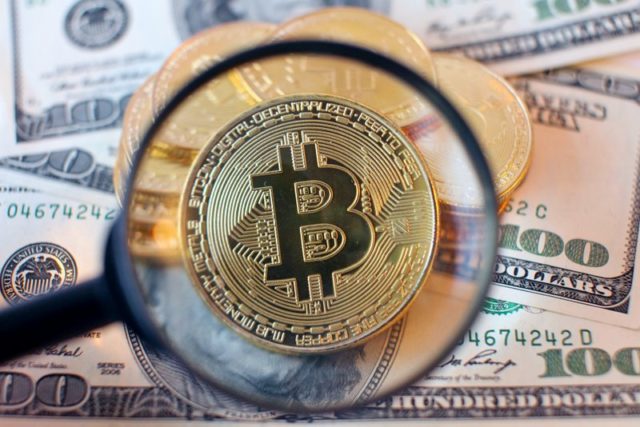In a surprise result, polls indicated that the left-wing New Popular Front (NFP), led by Jean-Luc Mélenchon, appears on track to win a majority of seats in the second round of voting in France’s parliamentary elections on Sunday, according to The Economist.
Based on early results, the NFP had secured at least 174 seats, followed by President Emmanuel Macron’s centrist Ensemble alliance with 146 seats. This would still be well short of the 289 seats needed to control the lower house.
Meanwhile, Le Pen’s party was pushed into third place, winning 142 seats. However, this represented a significant increase compared to the previous assembly.
Market reaction
The Euro (EUR) is attracting some sellers after exit polls suggested that the final round of the French parliamentary elections pointed to a hung parliament. At the time of writing, the EUR/USD pair is down 0.13% on the day to trade at 1.0824.
Euro FAQs
The Euro is the currency of the 20 European Union countries that belong to the Eurozone. It is the second most traded currency in the world, behind the US Dollar. In 2022, it accounted for 31% of all foreign exchange transactions, with an average daily volume of over $2.2 trillion per day. EUR/USD is the most traded currency pair in the world, accounting for an estimated 30% of all transactions, followed by EUR/JPY (4%), EUR/GBP (3%) and EUR/AUD (2%).
The European Central Bank (ECB), based in Frankfurt, Germany, is the reserve bank of the Eurozone. The ECB sets interest rates and manages monetary policy. The ECB’s main mandate is to maintain price stability, which means controlling inflation or stimulating growth. Its main instrument is to raise or lower interest rates. Relatively high interest rates – or the expectation of higher rates – generally benefit the Euro and vice versa. The Governing Council of the ECB takes monetary policy decisions at meetings held eight times a year. Decisions are taken by the heads of the national banks of the Eurozone and six permanent members, including ECB President Christine Lagarde.
Eurozone inflation data, as measured by the Harmonised Index of Consumer Prices (HICP), is an important econometric data point for the euro. If inflation rises more than expected, especially if it exceeds the ECB’s 2% target, the ECB is forced to raise interest rates to bring inflation back under control. Relatively high interest rates compared to their peers usually benefit the euro, as it makes the region more attractive as a place for global investors to park their money.
Data releases measure the health of the economy and can influence the Euro. Indicators such as GDP, manufacturing and services PMIs, employment and consumer sentiment surveys can influence the direction of the single currency. A strong economy is good for the Euro. Not only does it attract more foreign investment, but it can encourage the ECB to raise interest rates, which will directly strengthen the Euro. Conversely, if economic data is weak, the Euro is likely to fall. Economic data from the four largest Eurozone economies (Germany, France, Italy and Spain) are especially significant, as they account for 75% of the Eurozone economy.
Another important output for the euro is the trade balance. This indicator measures the difference between what a country earns from its exports and what it spends on imports during a given period. If a country produces highly sought-after export products, its currency will appreciate due to the additional demand created by foreign buyers who wish to purchase these goods. Therefore, a positive net trade balance strengthens a currency and vice versa for a negative balance.
Source: Fx Street
I am Joshua Winder, a senior-level journalist and editor at World Stock Market. I specialize in covering news related to the stock market and economic trends. With more than 8 years of experience in this field, I have become an expert in financial reporting.







